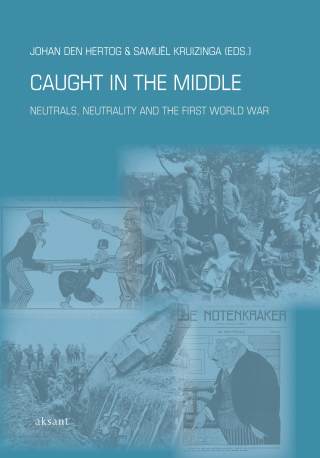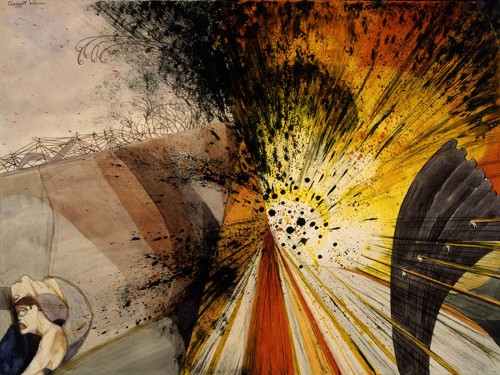
- Series editors
Emily R. Gioielli, Worcester Polytechnic Institute
- Geographical Scope
- This series is global in its geographical scope. We especially welcome cutting-edge research focusing on under-represented histories, areas and cultures of violence.
- Chronological Scope
- Most entries in this series will focus on the 19th, 20th and 21st centuries
- Advisory Board
Jochen Böhler, The Vienna Wiesenthal Institute for Holocaust Studies
Joanna Bourke, Birkbeck, University of London
Ari Kelman, University of California, Davis
Friederike Kind-Kovács, Hannah Arendt Institute for Totalitarian Studies, Dresden
Samuël Kruizinga, University of Amsterdam
Grace Tjandra Leksana, Universitas Negeri Malang
Uğur Ümit Üngör, University of Amsterdam and NIOD- Keywords
- War, holocaust, genocide, cultures of violence, conflict, catastrophe, terrorism
- Flyer
- Download flyer
War, Conflict and Genocide Studies
This series publishes original scholarly works in English about the causes, courses, and consequences of war and mass violence from the nineteenth century until the present. Global in its geographical scope, this series provides a unique forum for monographs and edited collections exploring war, conflict, and genocide from a wide range of disciplinary perspectives, including history, anthropology, political science, comparative literature, gender studies, and environmental studies.
Recognizing the diverse nature, experience, and spaces of conflict, the series editors invite submissions on themes related to regular and irregular warfare and terrorism, the Holocaust and post-conflict societies and how it relates to scholarship on empire and colonialism, migration and borderlands, post-conflict societies, humanitarianism, and memory. The series also acknowledges that war, conflict, and genocide are not experienced uniformly and invites submissions from scholars whose work engages with critical perspectives related to gender and sexuality, class, indigeneity, race and ethnicity, religion, and ability.
The series especially welcomes manuscripts by early career scholars exploring less-studied cases and phenomena (preferably from the Global South) and scholars employing novel theoretical approaches to the study of war and genocide.
Forthcoming titles
- The Netherlands East Indies and Trials against Japanese War Criminals, 1940-1949, Lisette Schouten
- Maintaining Neutrality in Modern Europe. A Military History of the Age of Total War, Floribert Baudet, Henk de Jong and Samuël Kruizinga (eds)
- German-Jewish Exile and the Critique of Linguistic Violence. Walter Benjamin, Theodor W. Adorno, Hannah Arendt, Paul Celan, Dennis Johannssen
- International Peacekeeping Training Centers in Africa. Security Assistance, Peacekeeping and Postcolonial Ethics, Silvia Peirolo
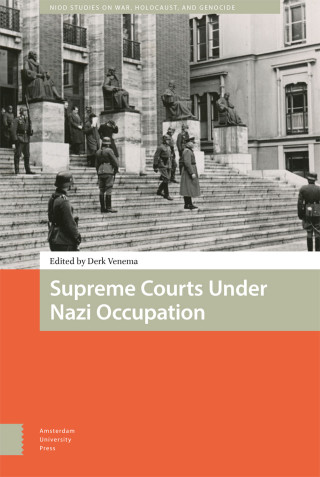
Supreme Courts Under Nazi Occupation
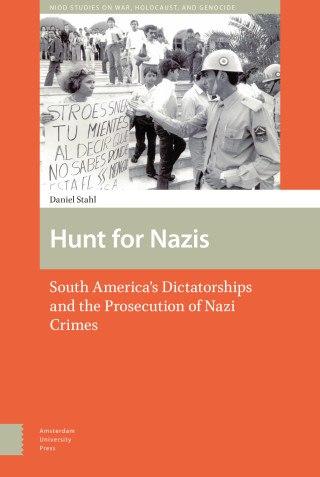
Hunt for Nazis
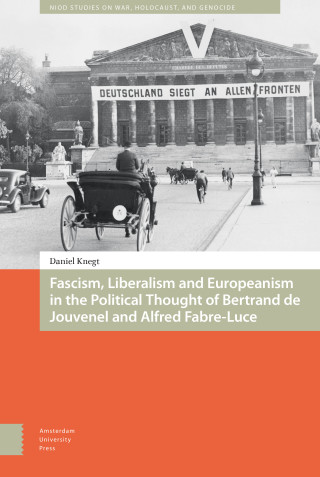
Fascism, Liberalism and Europeanism in the Political Thought of Bertrand de Jouvenel and Alfred Fabre-Luce
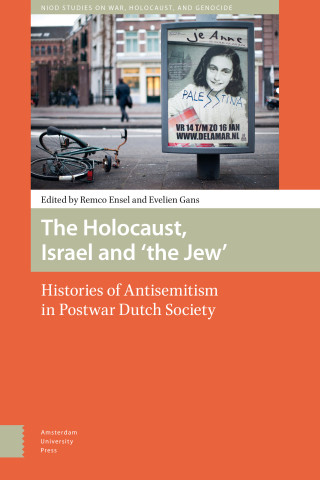
The Holocaust, Israel and 'the Jew'
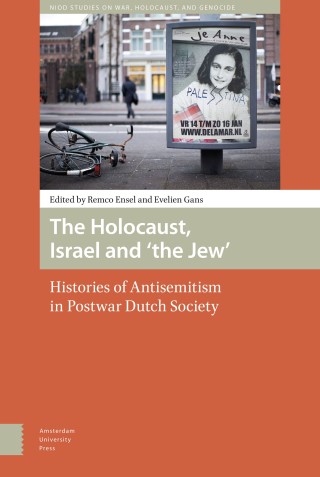
The Holocaust, Israel and 'the Jew'
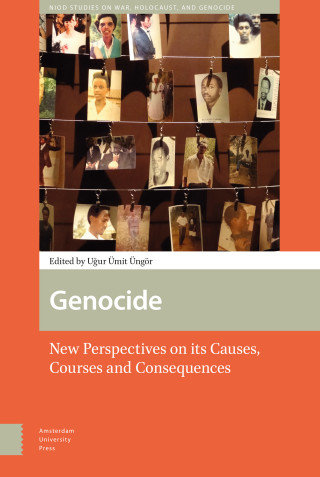
Genocide
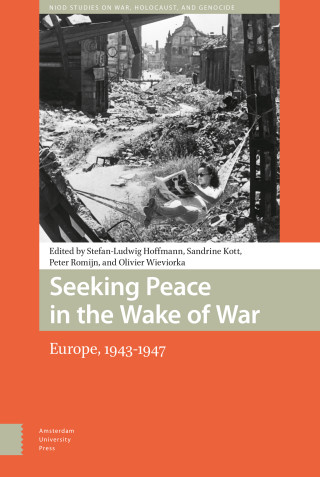
Seeking Peace in the Wake of War
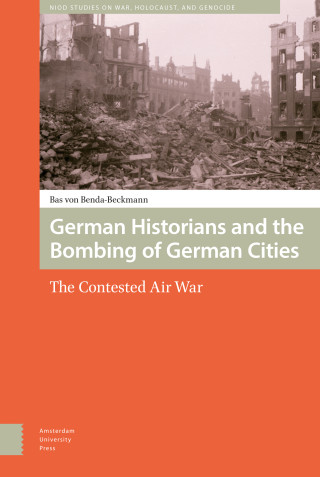
German Historians and the Bombing of German Cities
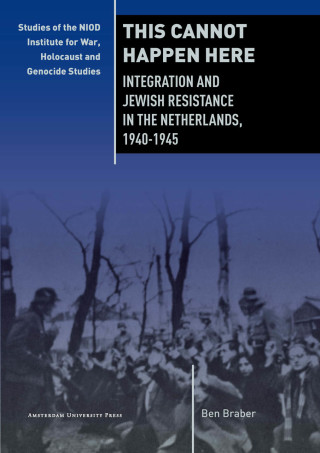
This Cannot Happen Here
